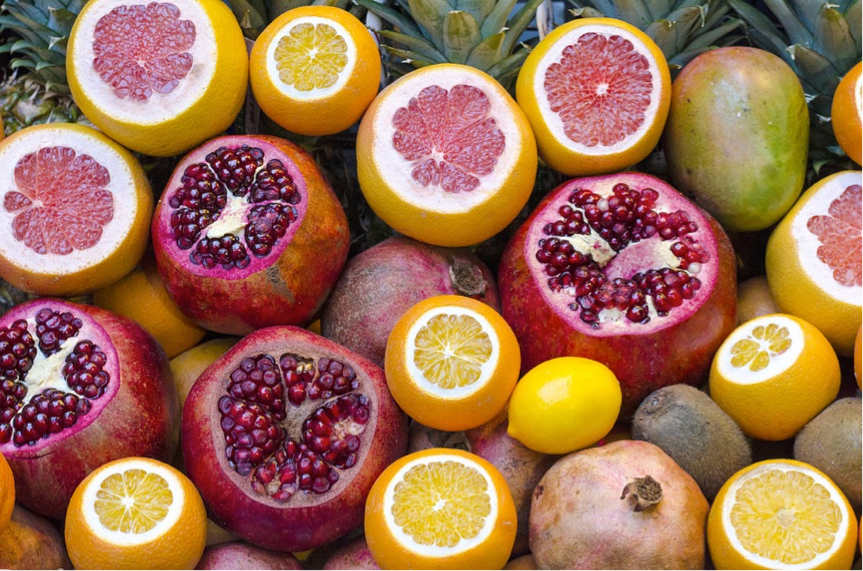Manuka Honey
Manuka honey, produced by bees that pollinate Manuka bush, is one of he most healthy forms of honey worldwide. Manuka honey has many biological activities, including anti-bacterial, antioxidant and anti-inflammatory. Among other benefits, it is believed that Manuka honey can aid in treatment of wounds (ulcers), boost overall health and improve general wellbeing.
Anti-bacterial effects
Due to its anti-bacterial properties, Manuka honey is believed to help in wound healing, and treatment of ulcers. Also, a group of authors questioned impact of Manuka honey on reducing dental plaque in people with clinically established gingivitis. In this pilot study, 30 volunteers were allocated to receive (chew) either Manuka honey or control product for 21 days. The obtained results indicated there were significant reductions in plaques and the proportion of bleeding sites in the group supplied with Manuka honey.1
References:
- English HK, Pack AR, Molan PC. The effects of manuka honey on plaque and gingivitis: a pilot study. J Int Acad Periodontol. 2004;6(2):63-67.
Wound (ulcers) healing
Effects of Manuka honey on wound healing were investigated in several studies. One study investigated healing potential of Manuka honey on venous leg ulcers. Over 100 patients with venous leg ulcers were included and allocated to apply either Manuka honey preparation or standard hydrogel therapy for 4 weeks. As results demonstrated, Manuka honey induced increased incidence of healing and decreased incidence of infection, in comparison with the control (hydrogel). This study showed great potential of using Manuka honey in treatments of venous ulcers.1 Impact of Manuka honey on ulcer wounds healing was investigated in another human study. Patients with chronic superficial ulcers were enrolled and instructed to apply Manuka honey dressing for 2 weeks. Results indicated that Manuka honey reduced pH of chronic wounds which associated with significant reductions in wound size.2
The healing effects of Manuka honey dressing were investigated in type 2 diabetes patients with neuropathic foot ulcers. A total of 63 subjects were included and allocated to apply either Manuka honey or conventional dressings for 16 weeks. Patients were followed up each week in order to asses mean healing time. As result showed, Manuka honey dressing provided significant reductions in healing time and rapid disinfection of ulcers, in comparison with control treatment.3
One case report investigated beneficial effects of Manuka honey in treatment of abdominal lesions, induced by traumatic rupture of the colon. Namely, a 55 year old women experiencing traumatic rupture of the colon was supplied with Manuka honey along with the conventional wound healing system. The authors of this study concluded that Manuka honey might provide benefits in cases of colonic ruptures and aid healing of abdominal lesions.4
References:
- Gethin G, Cowman S. Manuka honey vs. hydrogel--a prospective, open label, multicentre, randomised controlled trial to compare desloughing efficacy and healing outcomes in venous ulcers. J Clin Nurs. 2009;18(3):466-474.
- Gethin GT, Cowman S, Conroy RM. The impact of Manuka honey dressings on the surface pH of chronic wounds. Int Wound J. 2008;5(2):185-94.
- Kamaratos AV, Tzirogiannis KN, Iraklianou SA, et al. Manuka honey-impregnated dressings in the treatment of neuropathic diabetic foot ulcers. Int Wound J. 2014;11(3):259-263.
- Rudzka-Nowak A, Łuczywek P, Gajos MJ, Piechota M. Application of manuka honey and GENADYNE A4 negative pressure wound therapy system in a 55-year-old woman with extensive phlegmonous and necrotic lesions in the abdominal integuments and lumbar region after traumatic rupture of the colon. Med Sci Monit. 2010;16(11):CS138-42.
Other benefits
Although other benefits of Manuka honey are mostly based on animal or experimental studies, these data strongly suggest that Manuka honey can be used in treatment of inflammatory diseases. This includes inflammatory bowel disease, in which Manuka honey can express benefits, based on the reduction of colonic inflammation. Also, it seems that Manuka honey improves oxidative status by acting against oxidative damage, and, thus, it can be applied in prevention of chronic diseases and improvement of general wellbeing.
References:
- Prakash A, Medhi B, Avti PK, et al. Effect of different doses of Manuka honey in experimentally induced inflammatory bowel disease in rats. Phytother Res. 2008;22(11):1511-1519.
- Jubri Z, Rahim NB, Aan GJ. Manuka honey protects middle-aged rats from oxidative damage. Clinics (Sao Paulo). 2013;68(11):1446-1454.
